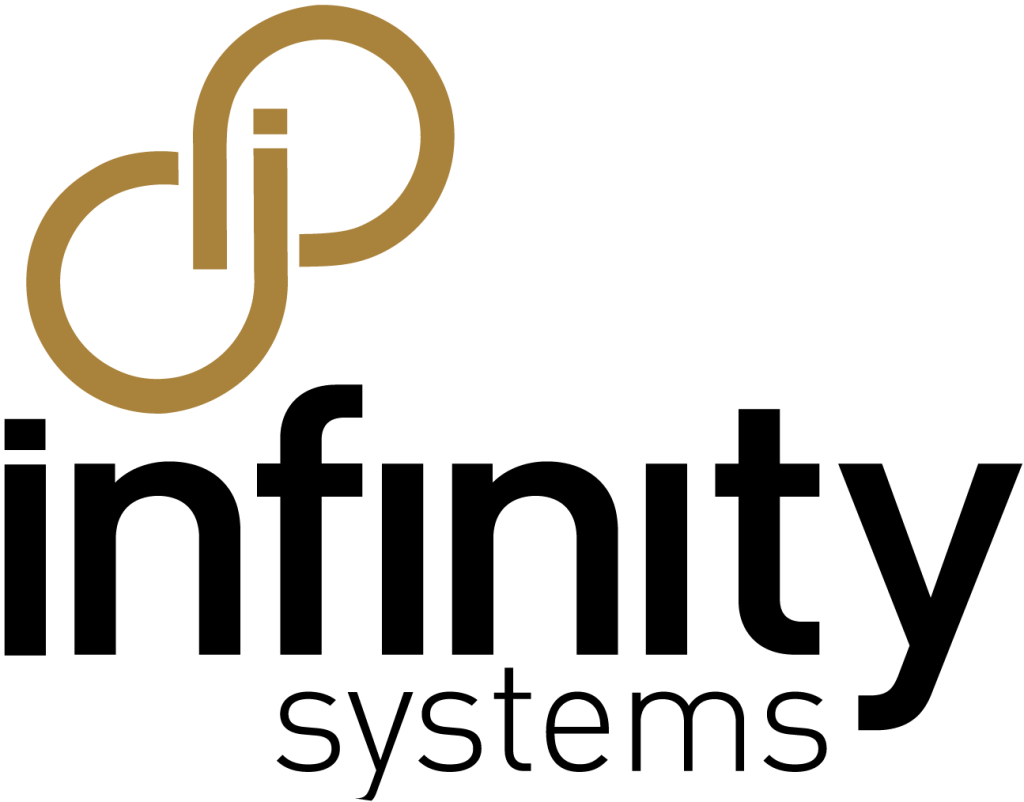Diversity
Diversity is the presence of individuals representing varying backgrounds and/or experiences.
Example: More than one national origin, race/ethnicity, religion, physical abilities, socioeconomic stratum, gender, gender orientation, sexual orientation, generation, geographical or cultural differences, educational or professional experience, etc. are represented.
Focus: The degree to which your organization is diverse, values, and is actively promoting diversity.



